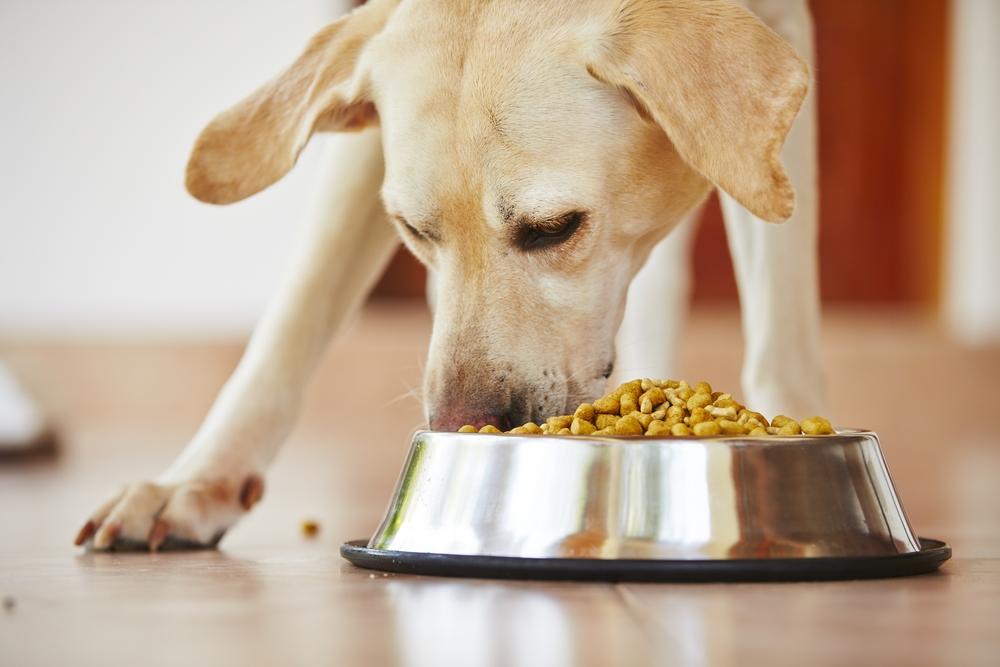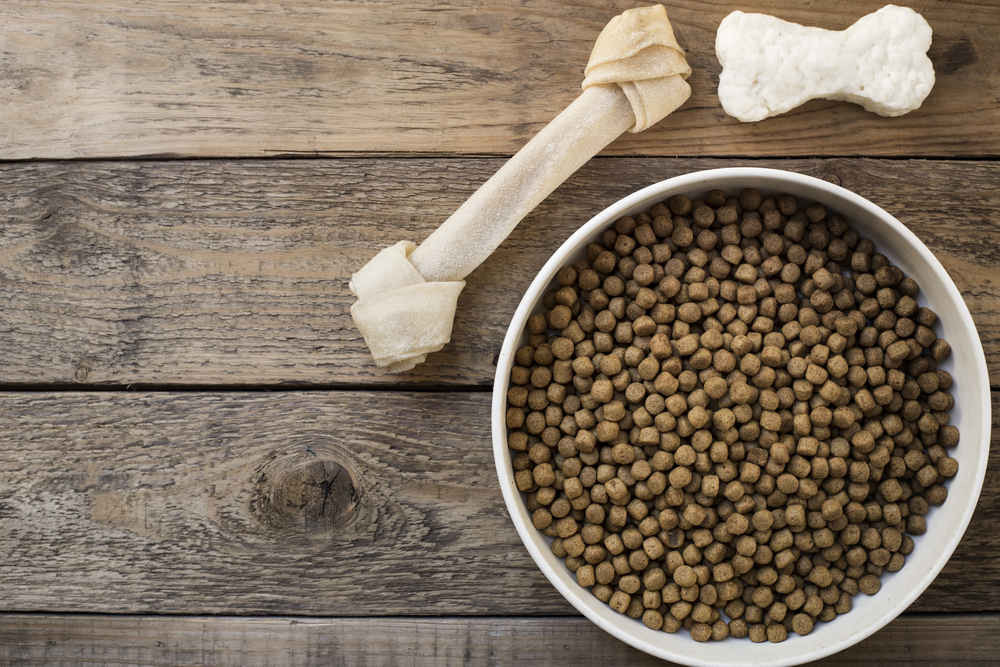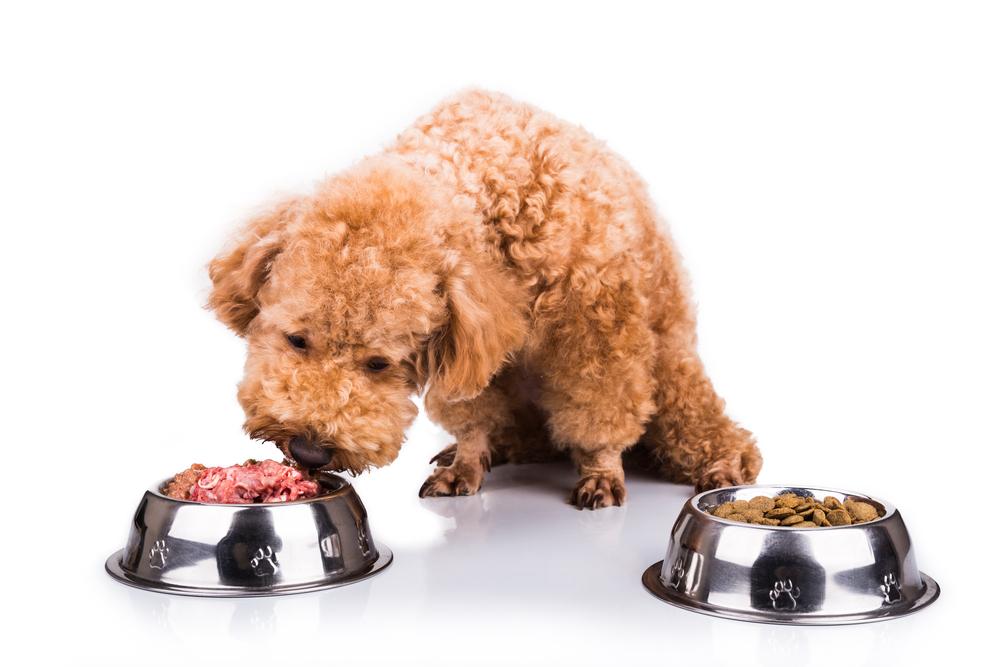Comprehensive Guide to Feeding Dogs with Sensitive Stomachs: Essential Foods to Include and Avoid
This comprehensive guide provides dog owners with essential information on managing a sensitive stomach in their pets. It covers key dietary practices, foods to avoid such as grains and legumes, and healthy options like bland diets and high-quality proteins. Proper nutrition and veterinary consultation can help alleviate digestive issues, improve pet comfort, and promote overall health. Whether dealing with diarrhea, vomiting, or general stomach upset, this article offers practical advice to support dogs with sensitive digestion, ensuring they lead healthier, happier lives.

Many dogs are prone to digestive sensitivities that can cause discomfort and health issues. Recognizing the signs of a sensitive stomach, such as frequent vomiting, diarrhea, bloating, or lethargy after meals, is crucial for pet owners aiming to improve their pet’s well-being. These digestive issues often stem from allergies, sudden dietary changes, or unsuitable food selections. By understanding how to choose the right diet, owners can significantly alleviate their dog’s gastrointestinal problems and promote overall health.
One of the most important steps in caring for a dog with a sensitive stomach is selecting appropriate, easily digestible foods that support gastrointestinal health. Transitioning to a gentle diet can help reduce symptoms like nausea and diarrhea. It’s advisable to consult a veterinarian for personalized dietary guidance, especially if the symptoms are persistent or severe.
Common issues that cause digestive upset in dogs include food allergies or intolerances, especially to ingredients such as wheat, soy, and corn. These grains can trigger allergic reactions in some dogs, leading to gastrointestinal discomfort and skin problems. Therefore, it is recommended to avoid foods containing these ingredients, especially in dogs with known sensitivities.
When formulating a diet for a sensitive-stomached dog, focus on bland, easily digestible options. Foods such as plain boiled chicken or turkey paired with rice are classic choices that can soothe the digestive tract. These foods are low in fat and free from artificial additives, making them suitable for pets recovering from gastrointestinal distress.
High-quality, low-fat animal proteins are an essential part of a balanced diet for dogs with sensitive stomachs. For example, lean cuts of chicken, turkey, or fish can provide necessary nutrients without overburdening the digestive system. Fish like salmon introduces beneficial omega-3 fatty acids that promote skin and coat health and can be gentle on sensitive stomachs if introduced gradually.
Wet or canned food can be advantageous for dogs with digestive sensitivities because they contain higher moisture content, aiding hydration and digestion. These options are often easier to swallow and digest compared to dry kibble, particularly for dogs experiencing nausea or dehydration.
It is advisable to avoid carbohydrate sources that ferment slowly, such as legumes and oats, which can cause gas and bloating. Instead, focus on simple, low-fiber carbs that are less likely to upset the stomach. Introducing new foods, especially fish or novel proteins, should be done gradually to monitor your dog’s response and prevent adverse reactions.
Incorporating dietary probiotics or supplements can also support gut health by promoting a balanced gut microbiome. These may include probiotic powders or treats designed for canine digestive health, but always consult a veterinarian before adding supplements to your pet’s diet.
If your dog’s digestive issues persist despite dietary adjustments, it is essential to seek veterinary advice promptly. Chronic gastrointestinal problems may require further investigation, such as allergy testing, blood work, or endoscopy, to identify underlying causes. In some cases, a prescribed hypoallergenic diet or medication may be necessary for optimal health.
In summary, caring for a dog with a sensitive stomach involves careful food selection, gradual diet changes, and regular veterinary consultation. By avoiding common irritants and choosing gentle, nutritious foods, owners can significantly improve their pet’s comfort and digestive health. Preventative care and timely intervention are essential to ensuring your furry friend's happiness and well-being.





